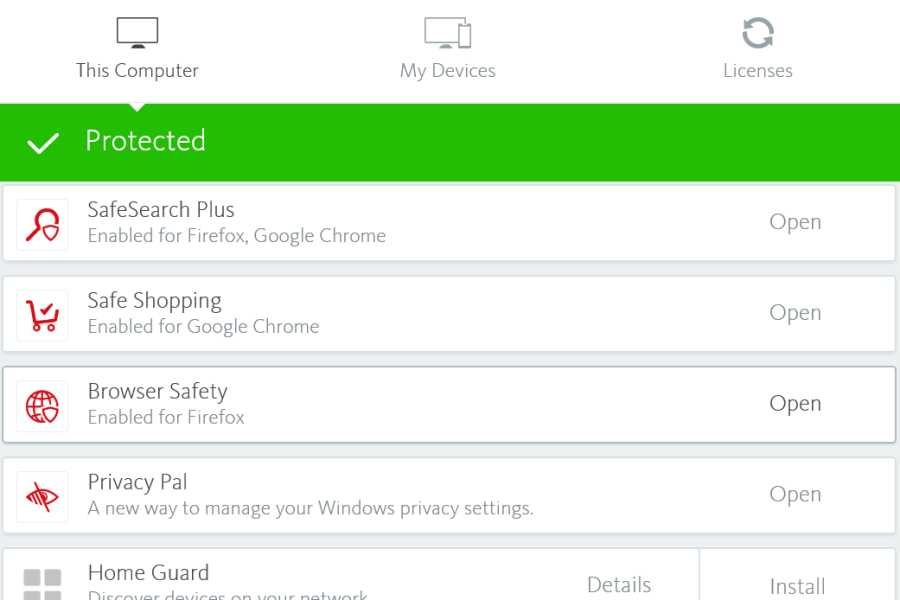F
ForgottenSeer 823865
That the only effective and easiest countermeasure.I'm going to minimize my exposure and mitigate to a point that is not too cumbersome.... but accept that this is just part of internet usage.
Internet is like a city, sites are places, some are shops , some are public areas.
IRL, you don't walk around with a board where your name, address and other sensitive infos are written on it. so why do it online?
minimum exposure = increased privacy.




